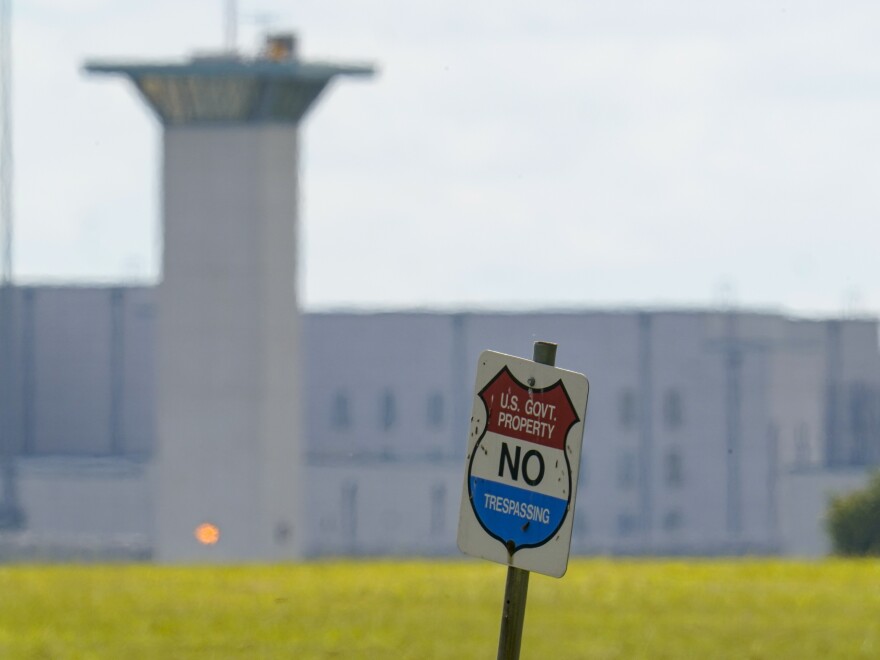The government agency that oversees some of the oldest and sickest people in federal prison has a problem: it has been undercounting the number of prisoners under its jurisdiction.
The U.S. Parole Commission's miscounting came to light when self-described math wonk and Berkeley law professor Chuck Weisselberg noticed something strange this year as he read an annual report from the government.
The report said the number of people in prison who were convicted before late 1987 had grown by 69% in one year — "inconceivable," Weisselberg said.
"These are senior citizens serving federal sentences," he added. "They're the oldest and most vulnerable group of people in the federal prison system and they seem to have fallen through the cracks."
Linda Evans, who spent more than 16 years in the custody of the Federal Bureau of Prisons, said she was counted "at least eight times a day."
Evans hears from many people still behind bars in her work as an advocate. She's worried the government is failing them, and that the root of the miscounting is simply that it doesn't care.
The commission was supposed to go out of business in 1992. But Congress continues to extend its mandate every year, even though the panel that once had five members making decisions about federal parole release now only has two.
"You have this agency that's operated in total darkness within the Department of Justice without any interest or oversight by Congress," Weisselberg said. "And then in the fall of each year when the commission is about to expire people panic and reauthorize the agency."
The advocates are speaking out now because they don't want that to happen again this fall. They say there's plenty of time for the Justice Department and Congress to develop a plan for the few hundred older people in prison, perhaps, to transfer those cases to judges.
In a written statement, the Parole Commission told NPR it has changed the way they count these so-called "old law" prisoners to make it more accurate.
The commission said it expects the number of old law prisoners under its control will be zero by 2038, when it factors in parole releases and deaths by natural causes.
Copyright 2023 NPR. To see more, visit https://www.npr.org.








